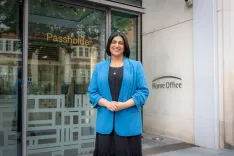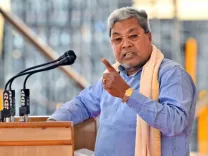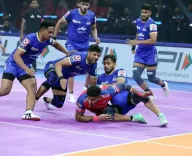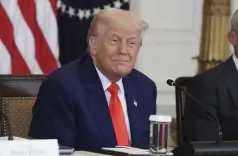What’s New in the Sarla Mishra Case as Brother Seeks FIR Against High-Profile Figures?
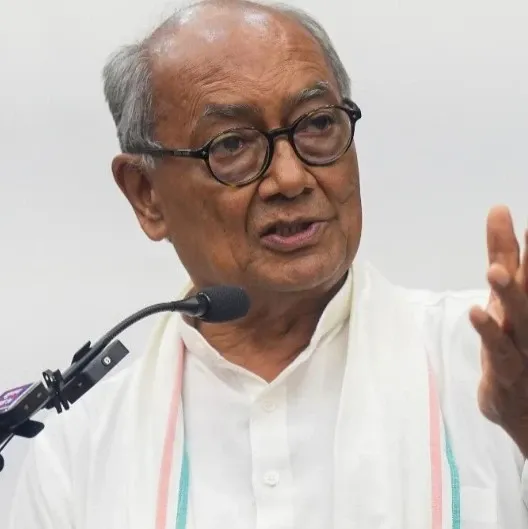
Synopsis
Key Takeaways
- Anurag Mishra has filed a complaint for an FIR against high-profile individuals.
- The case is experiencing a renewed investigation due to court intervention.
- Key forensic evidence was reportedly overlooked in the original investigation.
- The political implications of this case could be significant.
- Sarla Mishra's tragic death remains a focal point of ongoing controversy.
Bhopal, May 19 (NationPress) The long-standing case regarding the death of Congress leader Sarla Mishra has taken a significant turn with recent legal actions. On Monday, her brother, Anurag Mishra, filed an official complaint at the TT Nagar police station in Bhopal to initiate an FIR against the police officials, forensic experts, and others involved.
This complaint and the potential FIR, if registered, could reignite a political controversy that had seemingly faded from public focus. The case was already brought back into the spotlight following a local court's directive for a reinvestigation.
Anurag's complaint specifically accuses former Madhya Pradesh Chief Minister Digvijaya Singh, his brother Laxman Singh, along with police and forensic officials, alleging their participation in what he claims was a murder cover-up.
In response, station in-charge Mansingh assured that a comprehensive re-investigation would take place.
Speaking to IANS, Anurag Mishra expressed his frustration over the lack of action from senior police officers, despite having submitted a request for compliance with the court's order for reinvestigation. He stated, "But nothing has been done thus far. Following my lawyer's advice, I filed a complaint to register an FIR against the individuals mentioned in the court order." Anurag had previously protested against the police's closure report.
The local court highlighted significant flaws in the initial investigation. Sarla Mishra tragically passed away on February 14, 1997, due to severe burn injuries sustained at her home in TT Nagar, Bhopal. Initially ruled as a suicide, the police closed the case in 2000.
However, just last month, the court dismissed the police's closure report, citing conspicuous investigative errors and ordering a fresh inquiry.
This decision followed Anurag Mishra's protest petition, which challenged the previous findings. The Bhopal court, led by Class-I magistrate Palak Rai, mandated a renewed investigation into the circumstances surrounding Sarla Mishra’s death, emphasizing the deficiencies in the original inquiry.
The court noted that essential forensic procedures, such as independent verification of her alleged dying declaration and fingerprint analysis at the crime scene, had been overlooked. Moreover, critical evidence like handwritten notes had not been adequately scrutinized.
Hailing from Narmadapuram, Sarla Mishra was an influential state Youth Congress leader. On February 14, 1997, she was found severely burned in her government residence in Bhopal and succumbed to her injuries at Safdarjung Hospital in Delhi on February 19, 1997.
The TT Nagar police conducted a three-year investigation, classifying her death as suicide and closing the case in 2000. However, the closure report was submitted to the court over 19 years later in Bhopal.
Her brother, Anurag, contested the closure report, asserting it was a murder case.
On April 17, Anurag Mishra shared, "My elder brother Anand Mishra met Sarla just two or three days before the February 14, 1997 incident, during which my sister expressed her concerns about growing tensions between her, then Chief Minister Digvijaya Singh, and his brother Laxman Singh. Why did the police not record my elder brother’s statements?"


